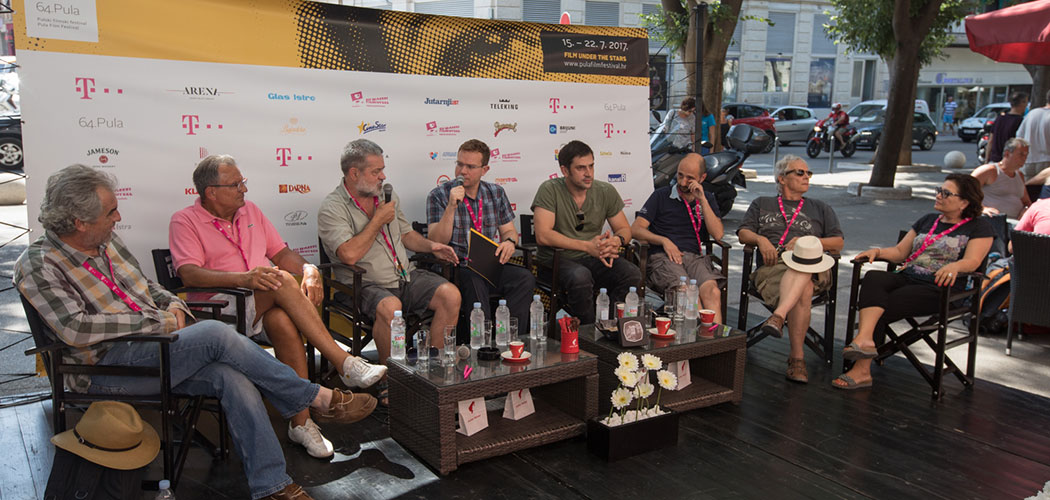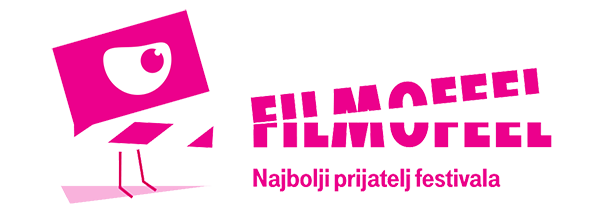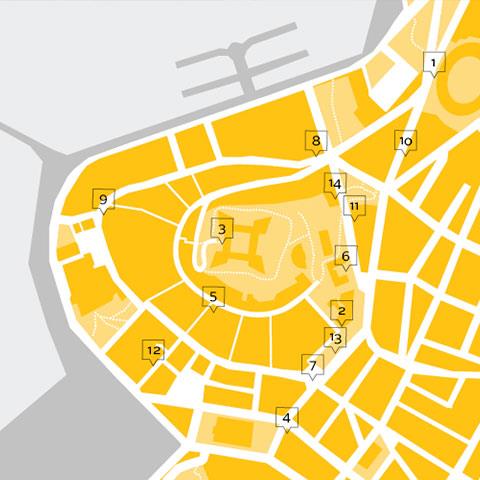
At the presentation of Agape, which will be screened as a premiere in the Arena tonight, director Branko Schmidt commented that this is his 11th film at Pula Film Festival, but that he is as excited as he was the first time.
He envisaged this film as part of a trilogy (along with Metastases and Vegetarian Cannibal), and said that it is different from the first two in that he wanted to understand the protagonist, with the screenplay by Ivo Balenović being of great help.
In relation to the previous film, where the screenplay was changed 85 times, Agape saw as many as 185 changes, which, inter alia, is the reason why one has to be crazy and brave in this business. The final version has contributed to creating empathy towards the homosexual priest, a character played by Goran Bogdan, which is necessary in the societal atmosphere of labelling individuals who are different, and who, once they are ‘blacklisted’, even though they are wrongfully accused, are written off and shamed.
Schmidt agreed with the comment made by the facilitator of the press conference, who said it seems that today’s youth is more conservative than the older generations. Schmidt added that he thinks of himself as much more tolerant than the youth of today, and that reasons for this should be sought in many spheres, from politics to education. Goran Bogdan added that Branko’s way of work is precisely what he was looking for and has found in this bold collaboration with an advanced “old goat”.
Schmidt also handed out compliments, saying that Bogdan was the perfect choice for the clumsy, nice, and confused character, and that this collaboration was a valuable experience. He also praised young actors Denis Murić and Pavle Čemerikić, who were cast at an audition in Belgrade, with Čemerikić, who lives in Priština, receiving his papers for temporary stay just a day before the start of filming.
Producer Stanislav Babić said the film was financed by funds from the Croatian Audiovisual Centre (HAVC), and co-produced by Croatian Radiotelevison (HRT); and seeing how the lengthy filming prevented using a real church as a location, filming took place at the recently reconstructed French Pavilion in Zagreb.
Editor Hrvoje Mršić said it was a pleasure to work on this film, and that he had the chance to play more with the interrelationships among the characters, as well as the relationship between the characters and the plot as a whole (which was not the case in the previous two films). Director of photography Dragan Ruljančić emphasised the voyeuristic aspect of the camera, which follows the events of the film, and the make-up designer added that the make-up had to be intense, but not repulsive.
When asked about the future of the film, director Schmidt admitted to having a flaw - never really loving directors of world festivals too much, not being a good salesman of his own ‘product’, saying that the future of the film can not be foreseen with certainty, but that in October it will be in distribution, and he wishes it a long life and smooth sailing.
Final film in the Croatian Programme in the Arena - Train Driver’s Diary
Train Driver’s Diary, directed by Miloš Radović is a minority co-production and the final film screened in the competition programme in the Arena tonight.
This is a tragic comedy about innocent murderers and their lives - the train drivers - who inadvertently kill 20 to 30 people in the course of their professional career.
Speaking about the film, Miloš Radović said that he got the idea for the film from a friend who makes documentaries, and who has filmed train drivers.
“I chose humour as a vehicle for this story because humour is what train drivers use to cope with everyday issues, even though this could be a very serious film as well. However, my goal was to film a moving film, and I hope I was successful in doing just that,” Radović said.
Actor Lazar Ristovski, last year’s winner of the Golden Arena for Best Actor, plays the pater familias in this film - a stern, but kind and compassionate father.
“Radović wrote that role for me. I am very similar to Ilija, my character. I am always frowning, because I am concentrating on life all the time,” he said. He described his character as a person who, following his wife’s death and because he cares for his loved ones, “has the burden of the world on his back”.
Maja Vuković and Ivan Maloča, the Croatian co-producers, agreed that collaborating on this film was fruitful. The film was screened at more than 40 festivals and has received more than 20 awards.
And just how long the director’s relationship with Pula Film Festival is, he himself told us at the end: he has ‘known’ the Festival all the way since 1963.
“I came to the Festival for the first time when it was in its tenth year. I was with my father, who had friends in filmmaking,” he said.
Both films will be screened in the Arena tonight, at 9.30 p.m. and 11 p.m., respectively.






